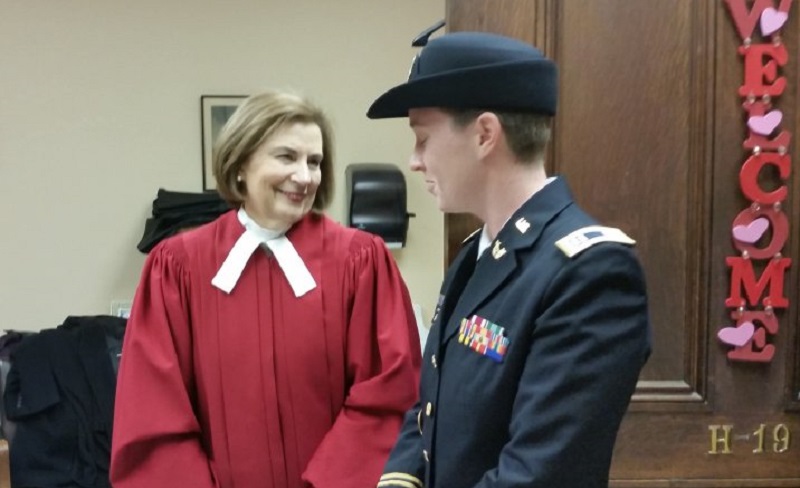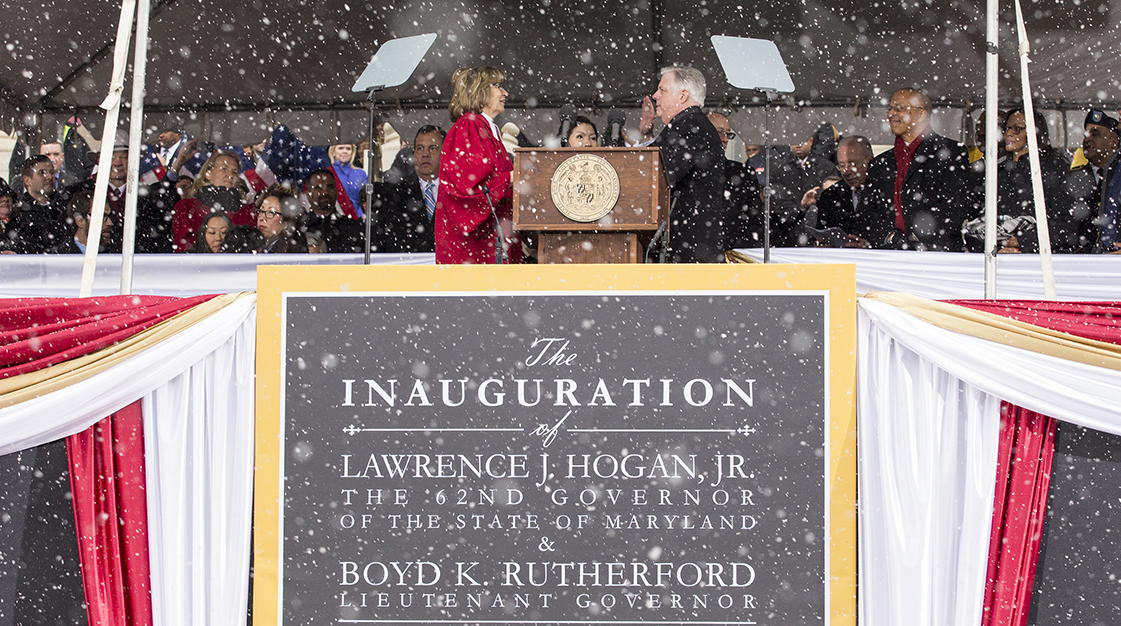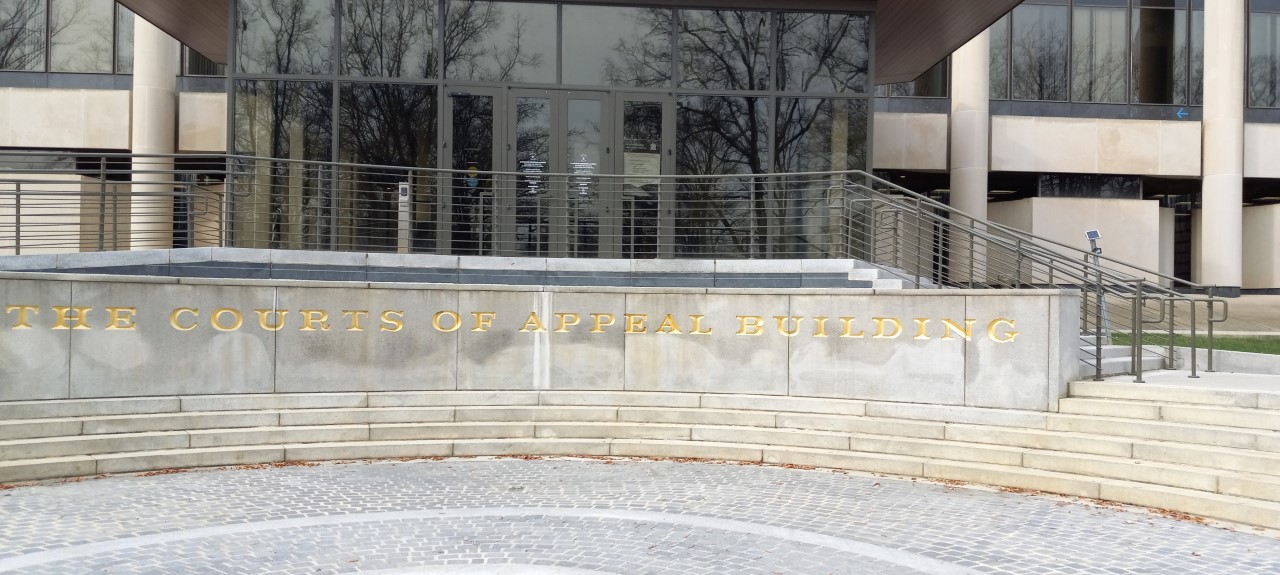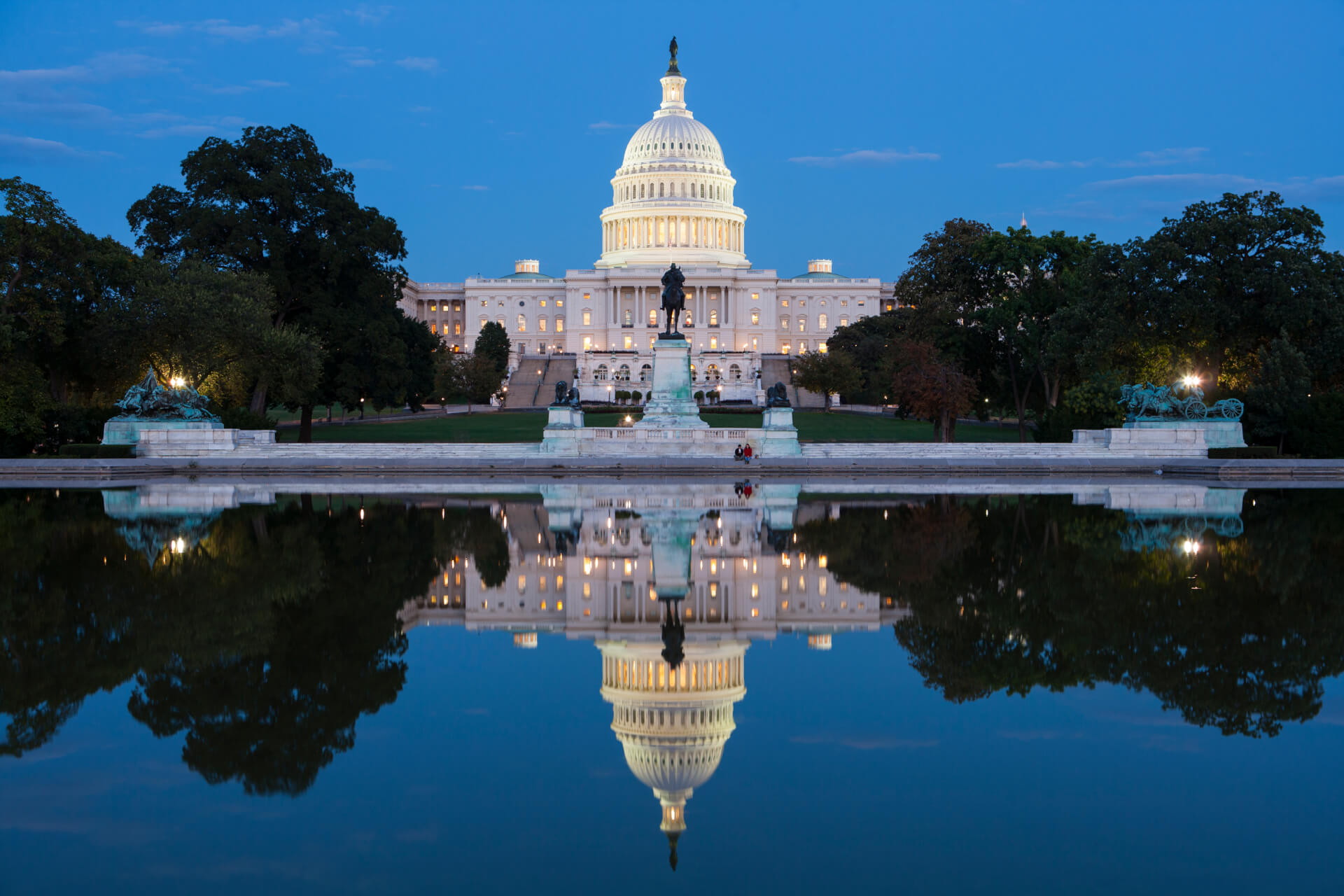
The Maryland Judiciary officially moved into the next phase of its reopening plan on Monday, expanding the scope of what cases judges will hear and allowing the public to visit clerk of courts’ offices for the first time since March 16.
“We are moving forward with care,” said Maryland Court of Appeals Chief Judge Mary Ellen Barbera in a statement. “Judiciary leadership will continue to monitor health trends and keep staff, the public, and legal community apprised of any changes to the Judiciary’s return to full function.”
The Judiciary has laid out five progressive phases of reopening. Monday marks the midway point to reopening full court operations in Maryland.
According to an amended administrative order issued by Barbera in early June, in this new phase of opening, some non-jury trial proceedings are permitted to be held and clerks’ offices will be open to the public in both the Circuit and District courts, consistent with guidelines provided by the Center for Disease Control and Prevention and Maryland Department of Health.
Additionally, the Circuit Court will begin to see civil cases that require witness testimony, settlement hearings and attorney disciplinary proceedings; criminal cases including motions hearing, expungements and deferred sentence hearings; and family law cases including contempt proceedings, non-emergency guardianship hearings, adoptions, court-ordered mediations and settlement hearings.
The District Court will hear trials for incarcerated defendants, preliminary hearings, probation violations, and some landlord-tenant matters, including rent escrow, breach of lease and wrongful detainer actions.
Because of the COVID-19 pandemic, Maryland has been subject to an eviction freeze, which is scheduled to end Saturday. According to a news release, the District Court will schedule cases in which tenants failed to pay rent filed prior to March 27 but have since been delayed to be heard starting Aug. 31.
Landlords must file a CARES Act Declaration of Compliance for cases in which the tenant failed to pay rent between March 27 and Aug. 24. Cases filed between March 27 and June 3 without these declarations will be dismissed by July 27.
Upon entering any courthouse, both court employees and litigants will be required to wear masks, answer screening questions, participate in non-contact temperature checks and physically distance themselves from other individuals.
People may be denied entry for failure to comply with the recommended CDC guidelines or turned away because of their body temperature or answers submitted during the screening. If someone is denied entry because of the screening, they will be given instructions on remote proceedings or rescheduling.
“I cannot stress enough how important it is that you take these requirements seriously,” Barbera said in a YouTube video addressing the courts’ gradual reopening. “Even as we are easing closer to full operations, there is no operating business as usual. We are in a different world than the one we knew at the beginning of March. We may never return to the old normal.”
The move to phase three will also change how protective and peace orders are heard, which in earlier phases were processed by court commissioners 24 hours a day.
Those emergency hearings will transition back to regularly scheduled court hours, but commissioners will continue to hear them after hours and on weekends.
“Commissioners throughout the state have played a crucial role in assisting Marylanders in need of emergency protection and related assistance from the courts during the global pandemic,” said District Court of Maryland Chief Judge John Morrissey.
According to Barbera’s order, search warrants in phase three are to be “addressed on a 24-hour, 7-day per week basis.”
Prior to Monday, the courts were hearing, either remotely or in-person, issues surrounding quarantine and isolation, bail reviews, juvenile detention and shelter care hearings, protective and peace order petitions, issues surrounding criminal competency and uncontested divorces, among other legal matters.
In phase four of the plan, poised to roll out on Aug. 31, judges will begin to hear all non-jury trials and contested hearings for criminal, civil, family and juvenile suits. Up through this phase, administrative judges are given the ability to limit the number of people present in a courtroom.
Credentialed journalists will be admitted into courthouses, regardless of the phase, should they be in compliance with CDC social distancing guidelines.
Jury trials won’t be heard in either court until the Judiciary moves into phase five in early October. Courts are allowed to conduct proceedings remotely via video or telephone until this time, pursuant to two orders issued in May and June.
This is to vary by location. Updates can be found on the Maryland Judiciary Coronavirus Local Orders and Closure Notices web page.
“Administrative judges continue to work with justice partners to expand technology to permit and expedite remote hearings,” said Judge Laura Ripken, Administrative Judge for the Fifth Judicial Circuit and Chair of the Conference of Circuit Judges, in a statement.




 Creative Commons Attribution
Creative Commons Attribution